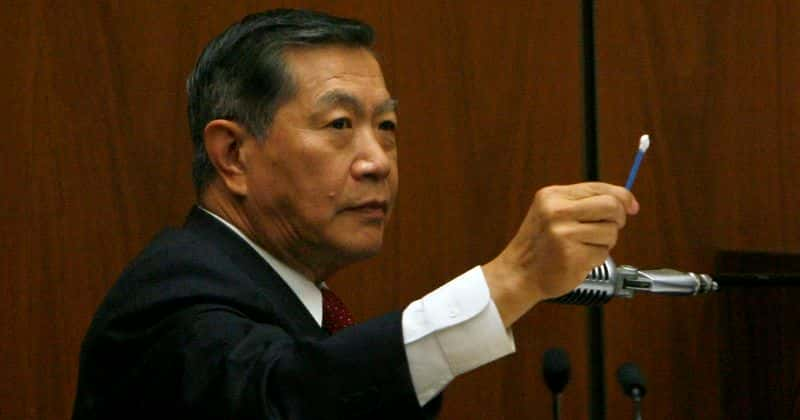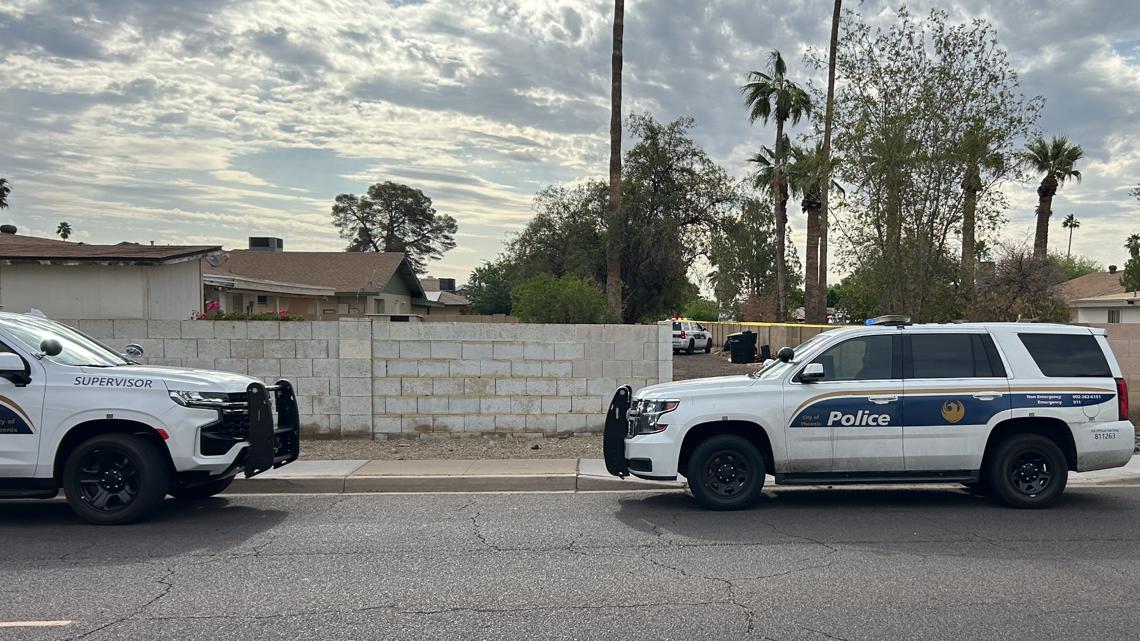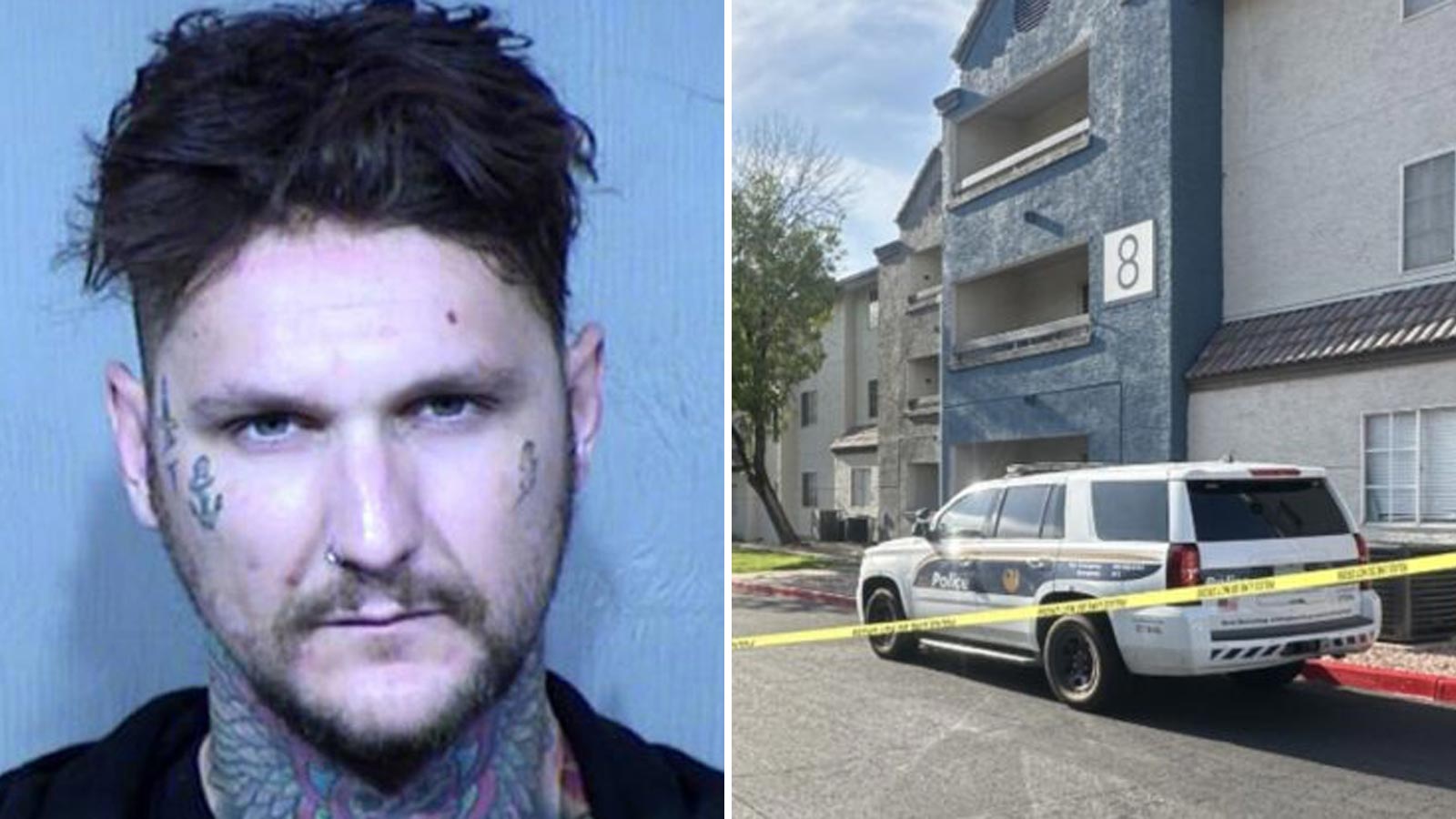Henry Lee, a well-known forensic scientist, defended his work and reputation on Wednesday after a federal judge last week found him responsible in a lawsuit for manipulating evidence in a murder trial that resulted in the decades-long imprisonment of two innocent men.

Based in part on testimony regarding what Henry Lee claimed to be bloodstains on a towel found in the 65-year-old victim’s home in New Milford, 55 miles (88 kilometers) southwest of Hartford, Ralph “Ricky” Birch, and Shawn Henning were found guilty in the death of Everett Carr on December 1, 1985.
In 2020, a judge overturned the men’s felony murder convictions, and they then filed a federal lawsuit alleging Henry Lee, eight police investigators, and the town of New Milford were responsible for their unjust convictions.
Judge Victor Bolden of the U.S. District Court concluded last Friday that there was no proof Henry Lee ever tested the towel’s blood. The sole question for a jury in Lee’s case now that Bolden has granted a request for summary judgment against him is the magnitude of the damages.
When the prisoners were challenging their convictions after the trial, tests revealed the stain was not blood.
In a lengthy email sent on Wednesday, Henry Lee expressed his disappointment with the decision. He asserted the blood traces may have deteriorated in the 20 years between the crime and when defense specialists tested the towel, while once more denying manufacturing evidence.
Henry Lee wrote, “I have no motive nor reason to fabricate evidence.” Mr. Birch, Mr. Henning, or anyone else was not directly implicated as a suspect in this crime as a result of my chemical analysis of the towel. Additionally, I provided exonerating evidence in my scientific testimony at their trial, such as a determination that there was no blood on their clothing, which was used to clear them.
Henry Lee also stated during his testimony at the trial that the attackers might have avoided putting much blood on them.
There was no forensic proof connecting Birch and Henning to the crime. Their clothing and car were both free of any blood stains. More than 40 fingerprints and hairs were found at the crime scene, but none of them matched the two guys.
On Wednesday, Henry Lee emphasized that his work on the case began before Birch and Henning were named as suspects and insisted he had told the truth during his testimony.
As a forensic scientist, Henry Lee declared, “I only present my scientific findings in court.” “It is not my role to determine what evidence to introduce and what questions to ask a witness during the trial.”
Additionally, Judge Bolden concluded that Lee’s counsel had improperly invoked an immunity claim that may have protected him from liability. In the lawsuit, Henry Lee and the troopers are represented by the office of Connecticut Attorney General William Tong, who said on Wednesday that an appeal would be made.




